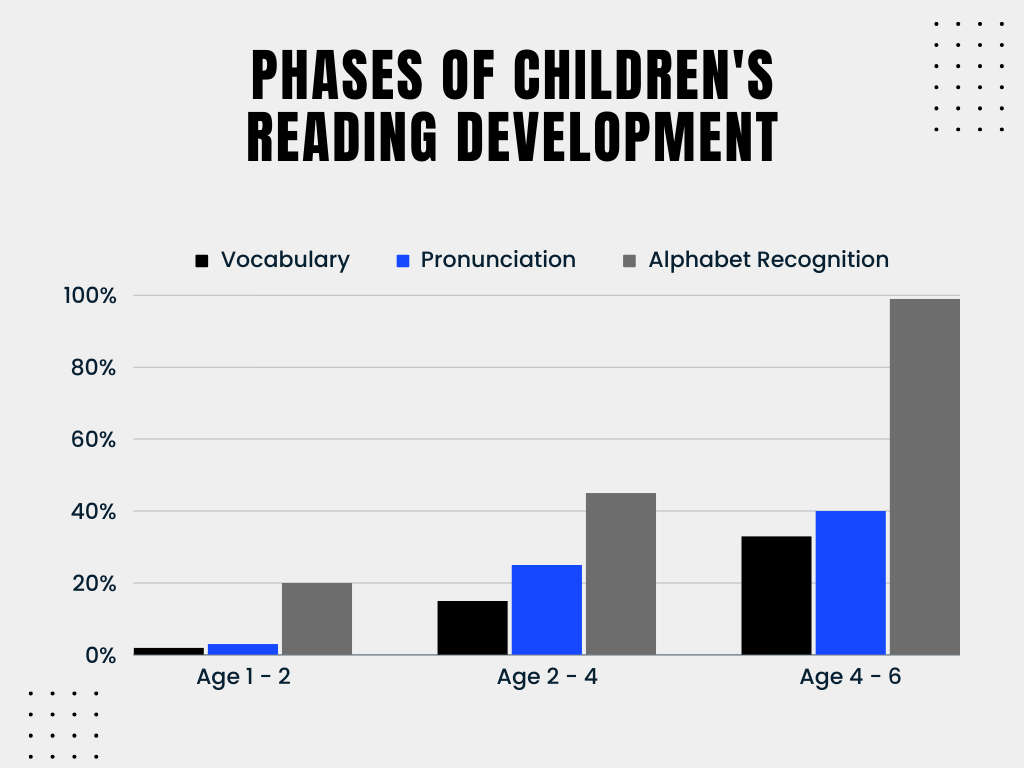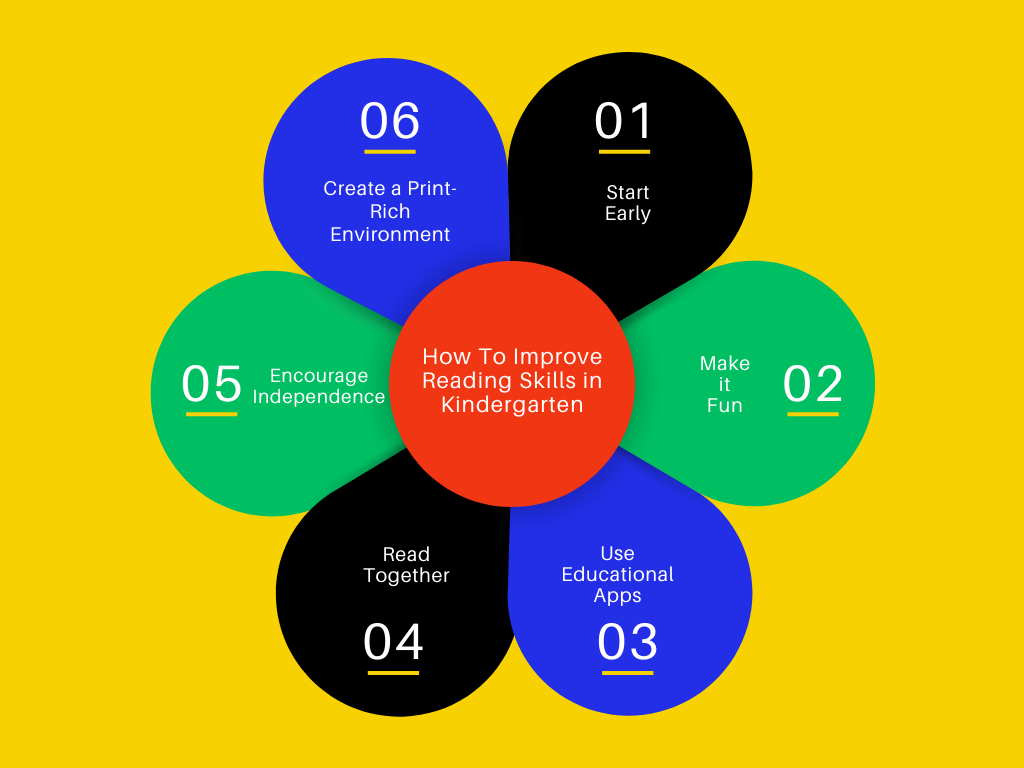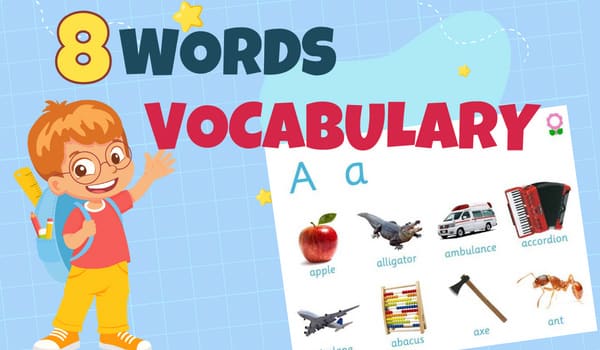As parents, we all want the best for our children, and one important aspect of their development is literacy. The ability to read fluently opens doors to knowledge, imagination, and endless possibilities. But when should a child reach this milestone? Research shows that most children develop fluency between the ages of 6 – 7 years old. However, this can vary depending on several factors, including individual abilities and learning environment.

Why Early Literacy is Important?
Reading not only helps children acquire knowledge but also develops their cognitive abilities, language skills, and creativity. It can improve concentration, memory, and critical thinking skills – essential for success in academics and beyond. Early literacy also fosters a love for books that’s mean more than just academic excellence. Reading can be a lifelong source of joy and personal growth for children.
How You Can Support Your Child’s Literacy Development?
To encourage early literacy, parents can start reading to their children from a young age. This helps build vocabulary, comprehension skills, and introduces them to the joy of reading. As they grow older, involve them in choosing books that interest them and let them read aloud to you. This not only boosts confidence but also makes reading a shared experience. Furthermore, creating a print-rich environment at home with books, magazines, and newspapers can also aid in their literacy development.

- Start Early: Introduce your child to books and reading from an early age. Even if they can’t read yet, looking at pictures and listening to stories helps develop a love for books.
- Make it Fun: Reading should be an enjoyable experience for children. Choose books that are engaging, interactive, and age-appropriate to pique their interest.
- Install Apps: In today’s digital age, there are several apps that can aid in literacy development. Look for ones that offer fun and educational reading activities.
- Read Together: Reading with your child not only strengthens your bond, but it also helps in developing their language skills and comprehension abilities.
- Encourage Independence: As they grow older, let your child choose books that interest them and allow them to read on their own. This boosts confidence and fosters a sense of autonomy.
- Create a Print-Rich Environment: Surround your child with reading material, such as books, magazines, and newspapers. This exposure can improve their vocabulary and understanding of language.
By fostering early literacy in children, parents play a crucial role in setting them up for future success. With the right support and encouragement, children can develop a love for reading that will benefit them for years to come. So let’s start building the foundations of literacy early and watch our children flourish.

